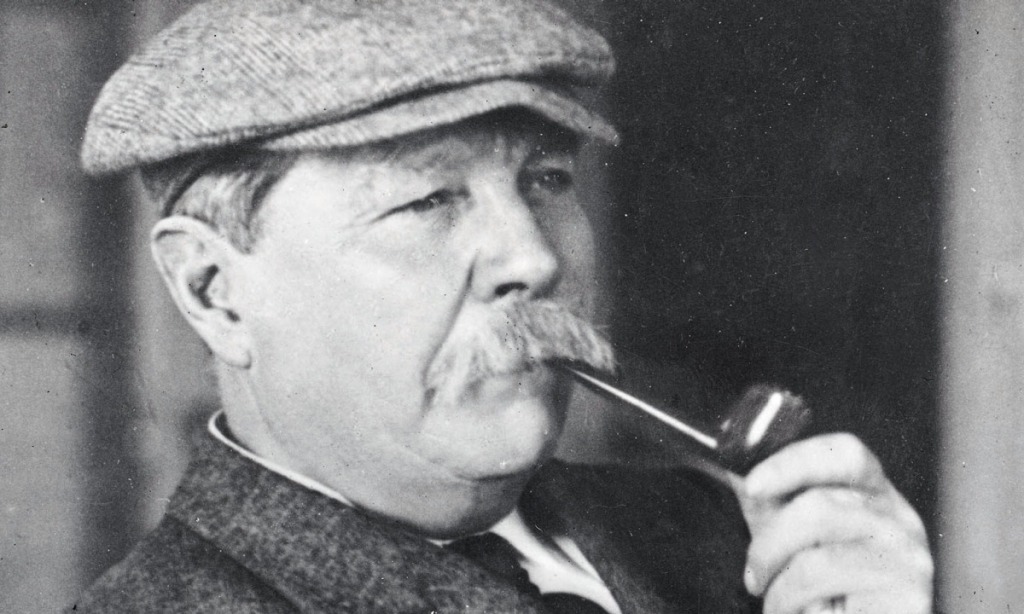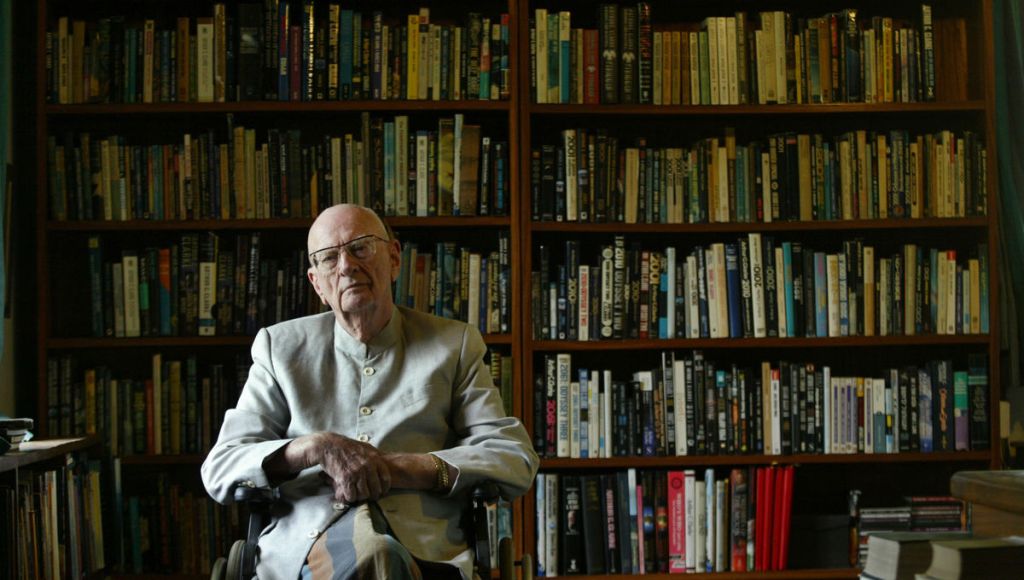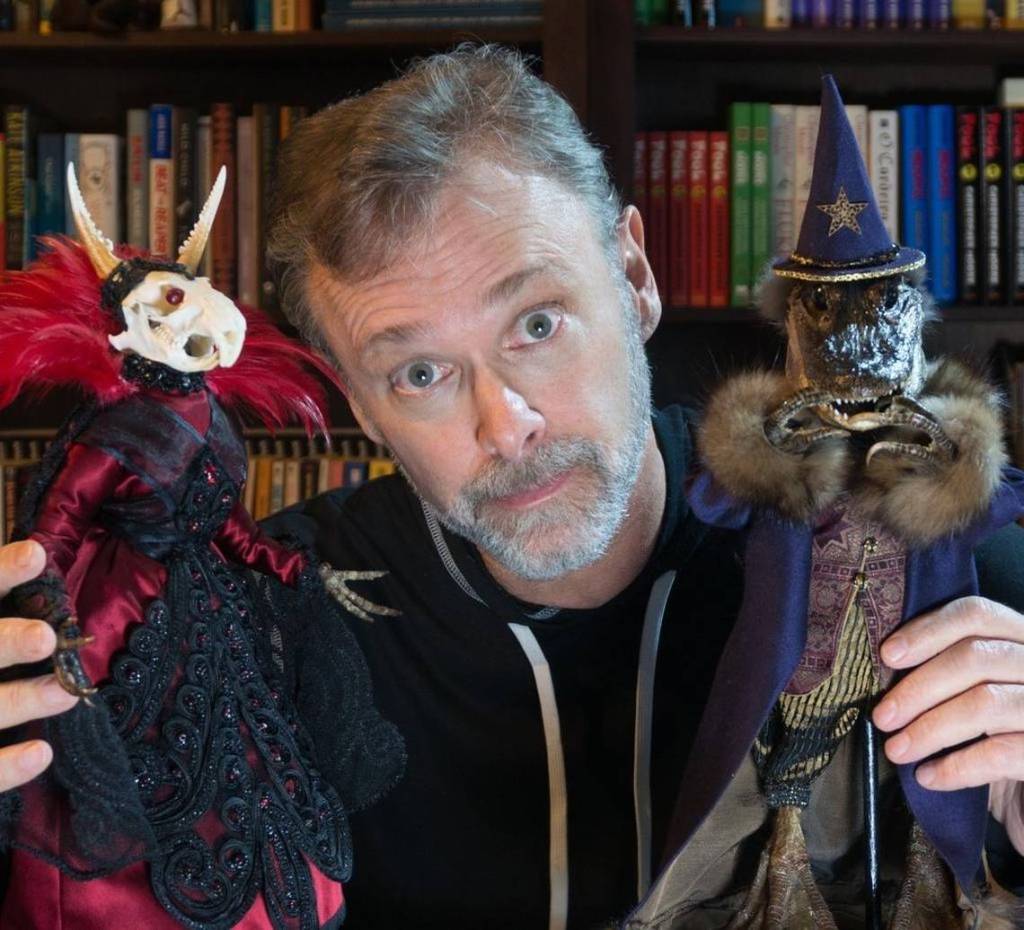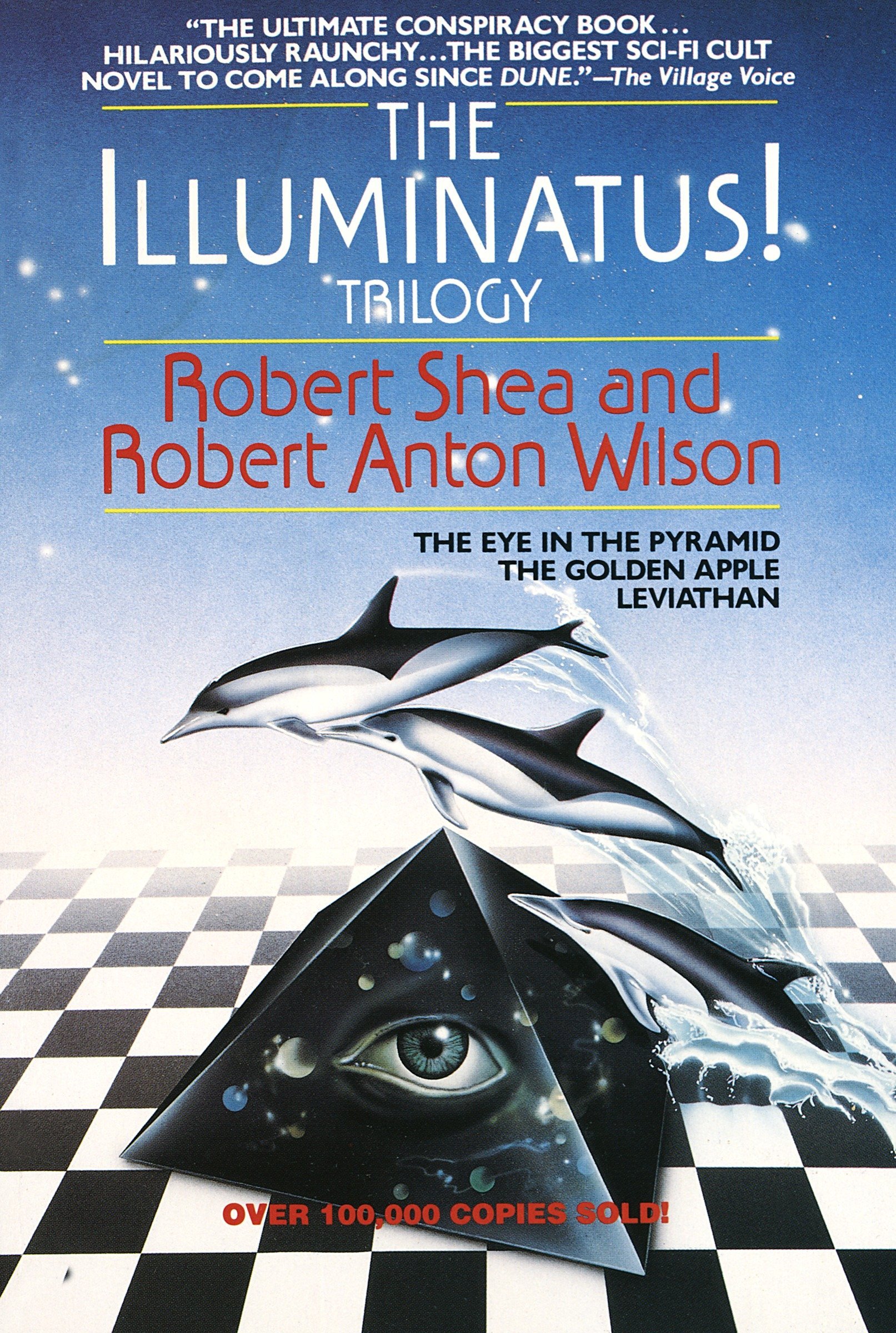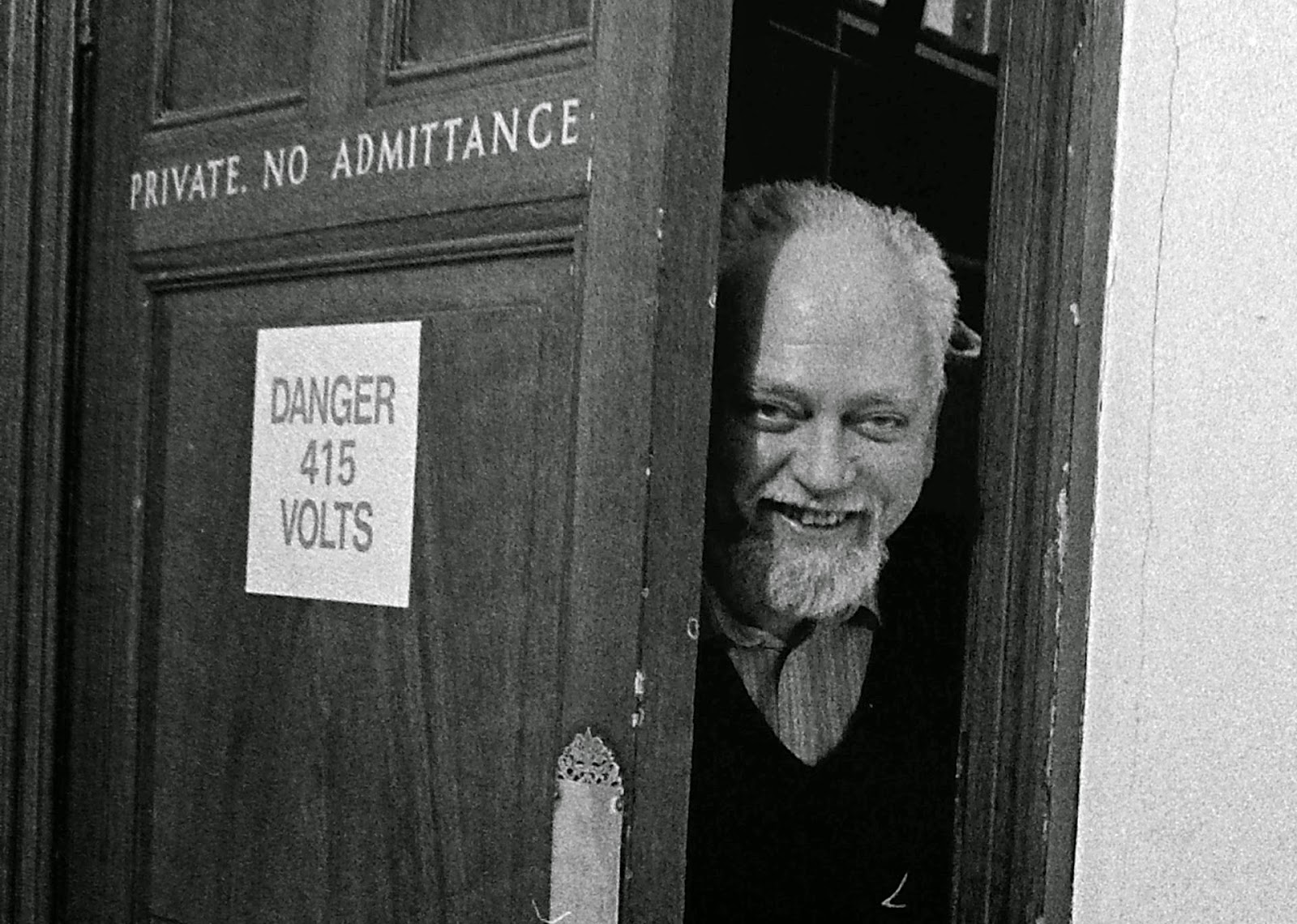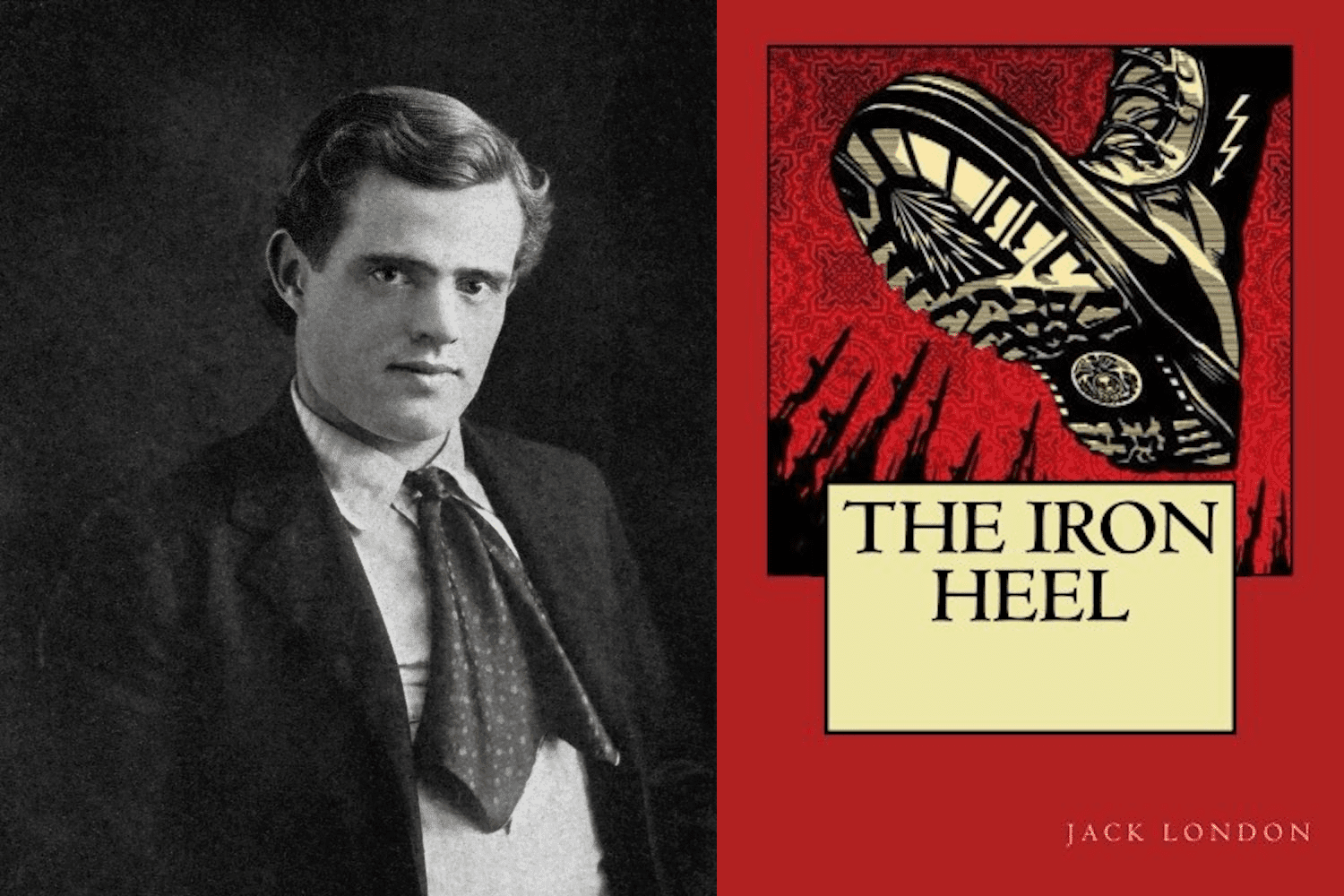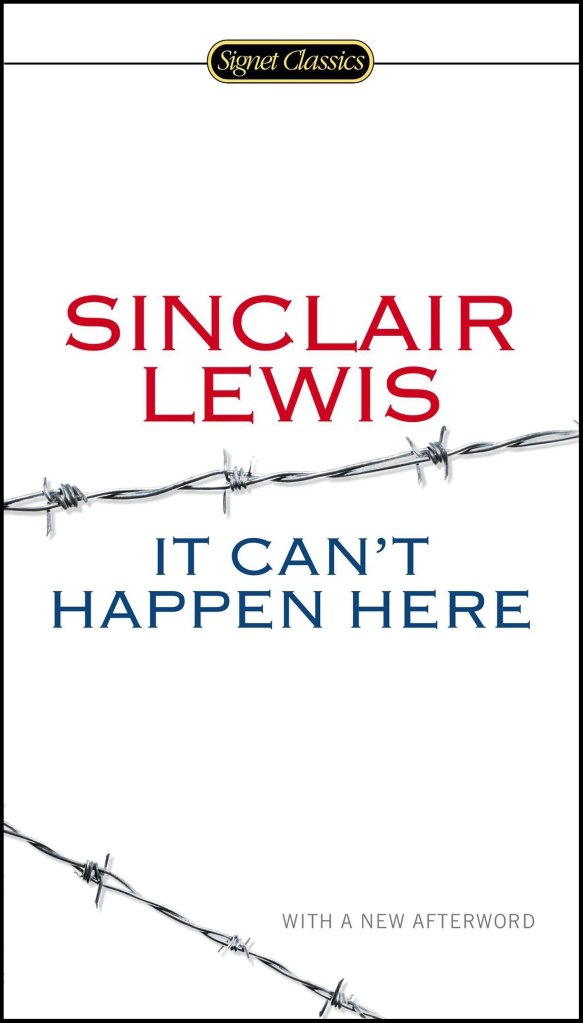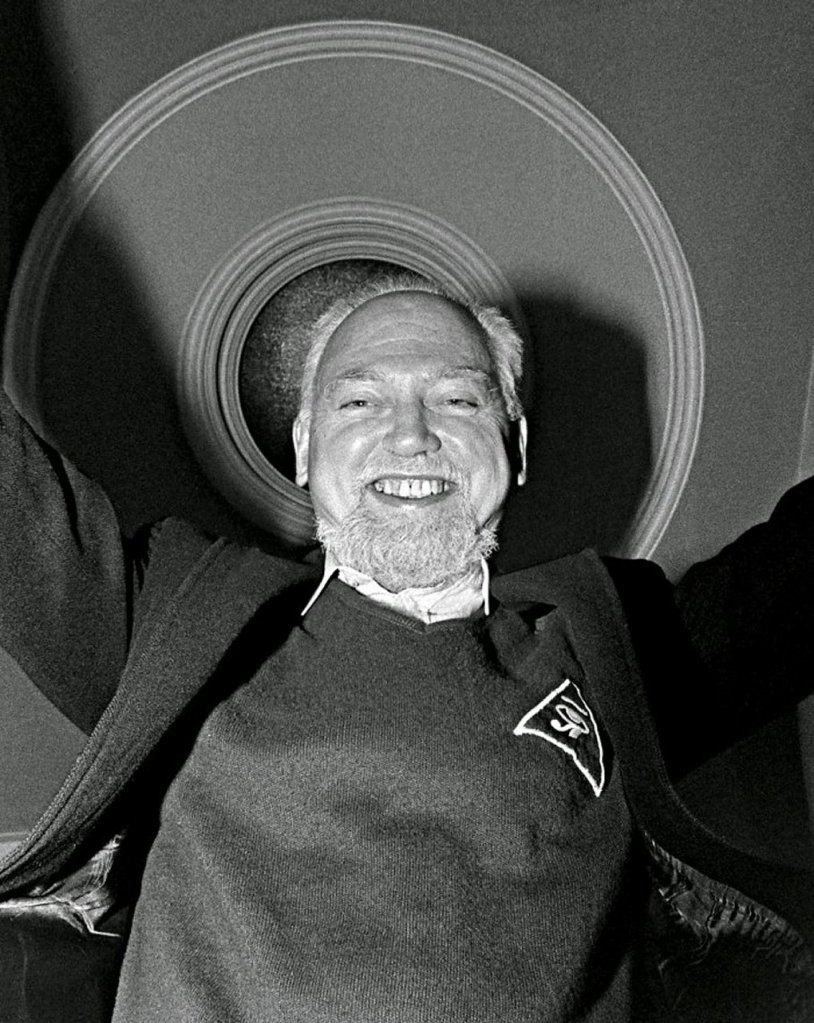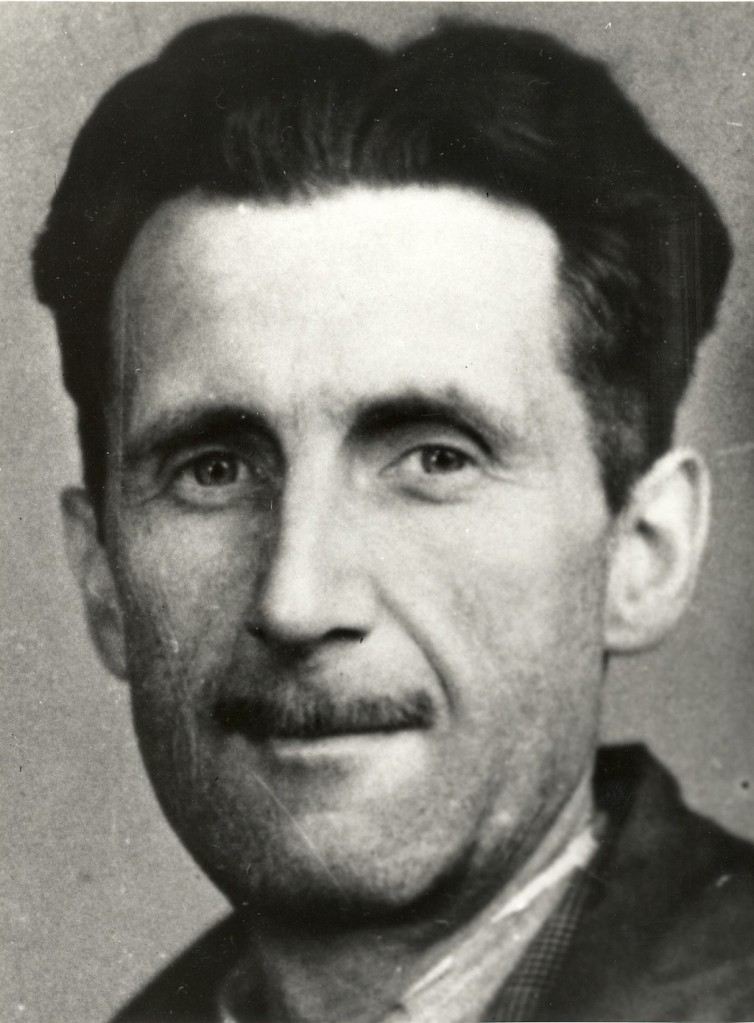
Abraham “Bram” Stoker (8 November 1847 – 20 April 1912) was an Irish author, best known today for his 1897 Gothic novel Dracula. During his lifetime, he was better known as the personal assistant of actor Sir Henry Irving, and business manager of the Lyceum Theatre in London, which Irving owned.
Stoker was born on 8 November 1847 at 15 Marino Crescent, Clontarf, on the northside of Dublin, Ireland.[1] His parents were Abraham Stoker (1799–1876) from Dublin and Charlotte Mathilda Blake Thornley (1818–1901), who was raised in County Sligo.[2] Stoker was the third of seven children, the eldest of whom was Sir Thornley Stoker, 1st Bt..[3] Abraham and Charlotte were members of the Church of Ireland Parish of Clontarf and attended the parish church with their children, who were baptised there,[4] and Abraham was a senior civil servant.
From WikiPedia: https://en.wikipedia.org/wiki/Bram_Stoker
Stoker was bedridden with an unknown illness until he started school at the age of seven, when he made a complete recovery. Of this time, Stoker wrote, “I was naturally thoughtful, and the leisure of long illness gave opportunity for many thoughts which were fruitful according to their kind in later years.” He was educated in a private school run by the Rev. William Woods.[5]
After his recovery, he grew up without further serious illnesses, even excelling as an athlete (he was named University Athlete, participating in multiple sports) at Trinity College, Dublin, which he attended from 1864 to 1870. He graduated with a BA in 1870, and purchased his MA in 1875. Though he later in life recalled graduating “with honours in mathematics,” this appears to have been a mistake.[6] He was auditor of the College Historical Society (the Hist) and president of the University Philosophical Society, where his first paper was on Sensationalism in Fiction and Society. Abraham “Bram” Stoker (8 November 1847 – 20 April 1912) was an Irish author, best known today for his 1897 Gothic novel Dracula. During his lifetime, he was better known as the personal assistant of actor Sir Henry Irving, and business manager of the Lyceum Theatre in London, which Irving owned.

